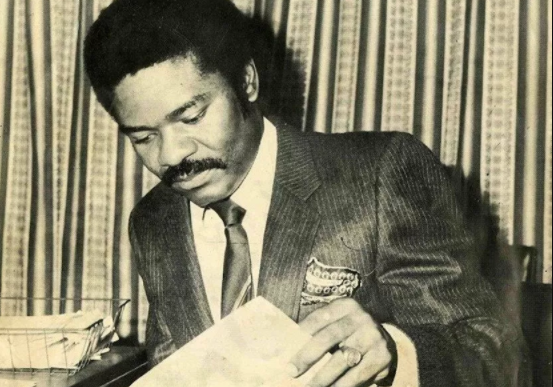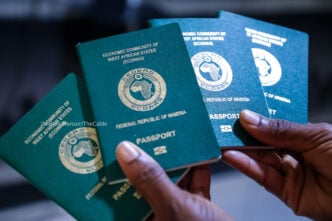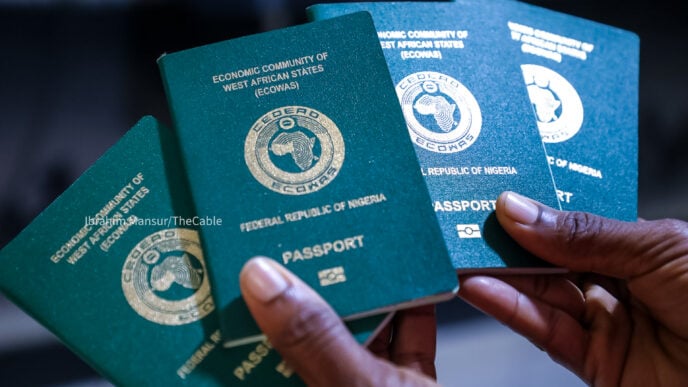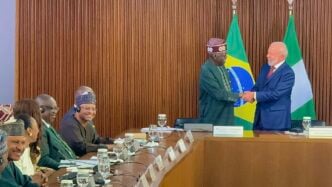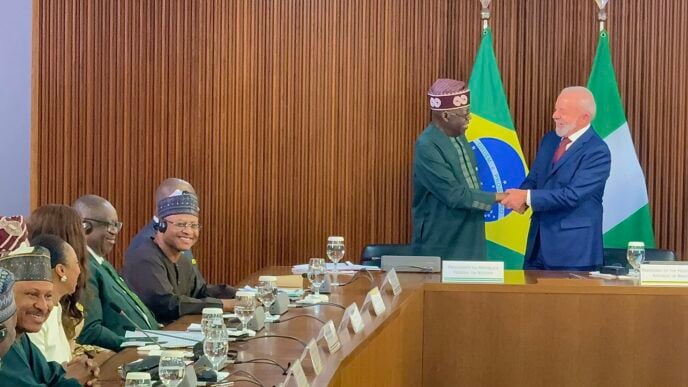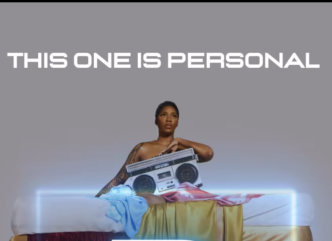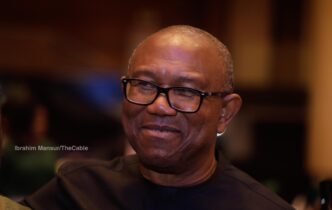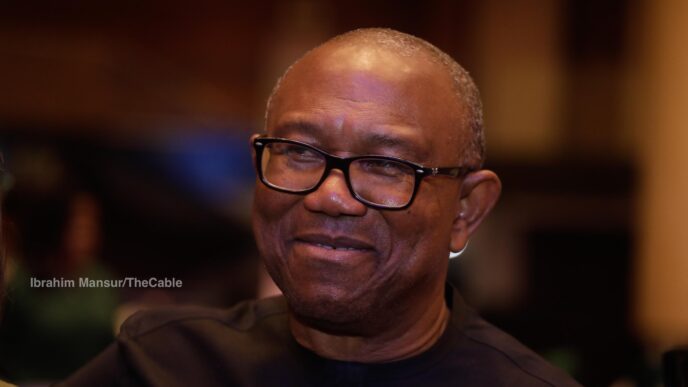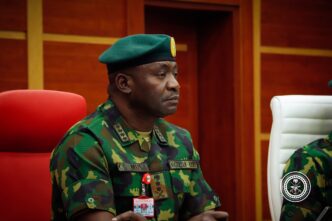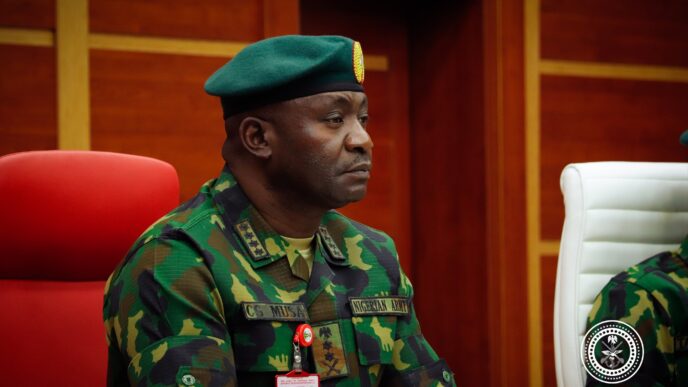BY PHILEMON ADJEKUKO
Simon Kolawole’s recent article, “Still on the Dele Giwa Murder,” based on Yakubu Mohammed’s book Beyond Expectations, offers what is presented as fresh clarity on a tragedy that shook Nigeria nearly four decades ago. Yet after all the analysis and admission, Nigerians are still left with the same bitter taste: no truth, no justice, and a profession that abandoned one of its own.
My own memory of that day in October 1986 is as vivid as ever. I was then a student at Ambrose Alli University, Ekpoma, Edo state, and spending the end-of-year holiday in my hometown, Ogharefe, Delta state. When the news broke that Dele Giwa had been blown apart in his Lagos home, I ran with tears in my eyes to break it to my fellow students who were in a nearby apartment.
Years earlier, while at the mass communication department of Ogwashi-Uku Polytechnic, I had begun following Dele Giwa’s writings. Each Sunday, we would gather in an open field to dissect his essays. He was a mentor we never met, yet he shaped how we saw journalism. His assassination was not just a personal loss—it was a national wound.
Advertisement
Now, Mohammed tells us Dele Giwa never even heard of Gloria Okon, and that Col. Halilu Akilu was never a viable suspect, dismissing some of the longest-running conspiracy theories around the beloved journalist’s murder. I was truly expecting something “Beyond Expectations”: a great revelation worthy of forty years of silence. But what Chef Mohammed served us was a stale meal with little or no spice. When he swore by his faith to speak the truth, I thought it would set us free from the enduring and vexatious question—who killed Dele Giwa? But that turned out to be mere wishful thinking.
The claim that conspiracy theories hampered the investigation of the murder of Dele Giwa is befuddling. Law enforcement officers and journalists are professionals trained to follow the evidence when carrying out investigations. They are not supposed to be unduly swayed by conspiracy theories and public sentiments. Therefore, Mohammed’s admission that the so-called conspiracy theories derailed the proper investigation of the murder is both a failure of law enforcement and journalism. It is common around the world to see journalists assisting the police in solving complicated homicides. In fact, there are cases where family members of homicide victims successfully guide law enforcement officers to crack cold cases.
What makes Dele Giwa’s murder more painful is that the press of that era was anything but timid. Newswatch, The News, Tempo—these magazines shook the foundations of military rule. Journalists like Bayo Onanuga, Dapo Olorunyomi, Babafemi Ojudu, Kunle Ajibade, Sunday Dare, Seye Kehinde, and many more risked detention, torture, and even death to publish stories that unsettled Nigerian military dictators. I still remember waking at dawn in Maryland, Lagos, to grab a copy of Tempo before the bundles disappeared into eager hands. Nigerians were desperate for the truth. This was the golden era of guerrilla journalism.
Advertisement
Yet when Dele Giwa was assassinated, the courage that fueled that period failed woefully. And the pattern repeated itself years later in 2001, when Chief Bola Ige, a sitting attorney-general of the federation, was murdered in his own home. Like Dele Giwa’s case, his death remains unresolved. Two towering figures, fifteen years apart, cut down violently, with journalism unable—or unwilling—to go the full distance.
Kolawole’s article, and by extension Mohammed’s book, may tidy up conspiracy theories, but they do not bring us closer to accountability. Nigerians have waited too long to be fed a paltry revelation. Until the press confronts its greatest betrayal—the refusal to dig, to investigate, to insist on knowing the truth—the anniversaries of these murders will not just remind us of the dead. They will remind us of journalism’s own failure.
Adjekuko, a public affairs analyst, wrote in from Abuja. He can be contacted via [email protected]
Advertisement
Views expressed by contributors are strictly personal and not of TheCable.
